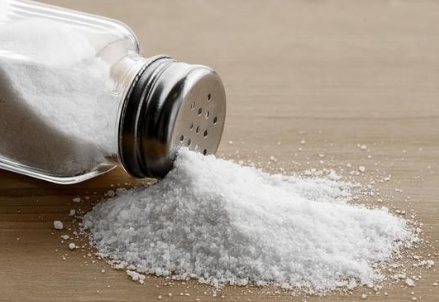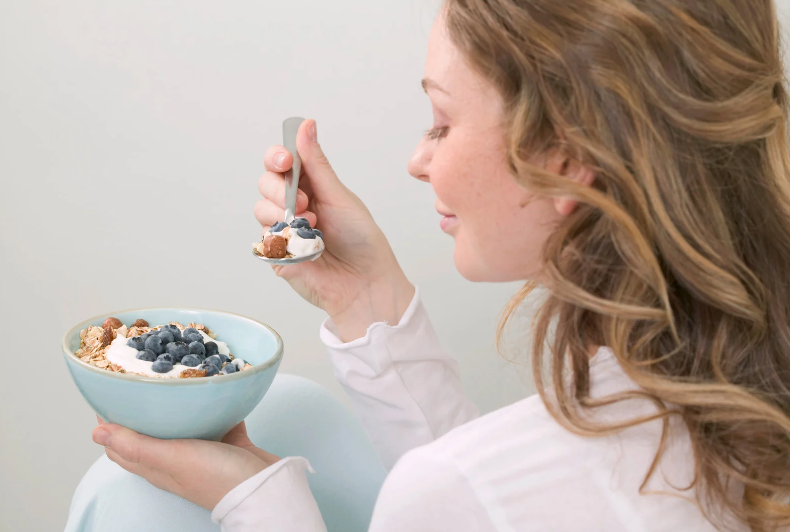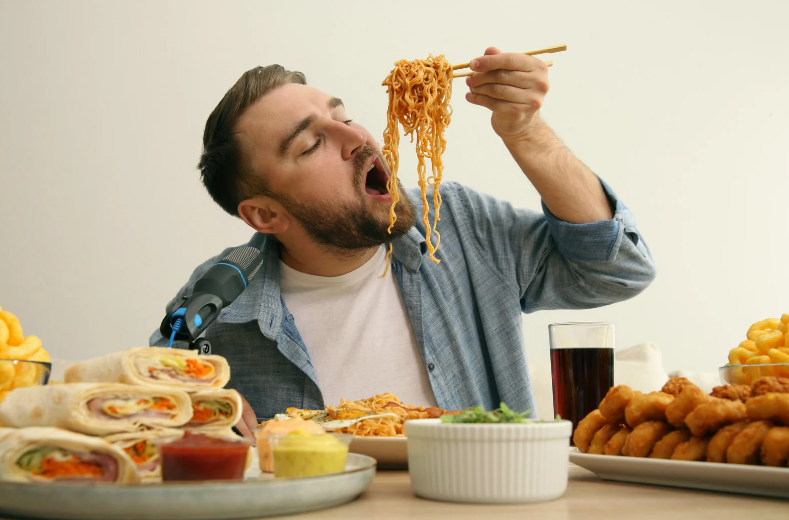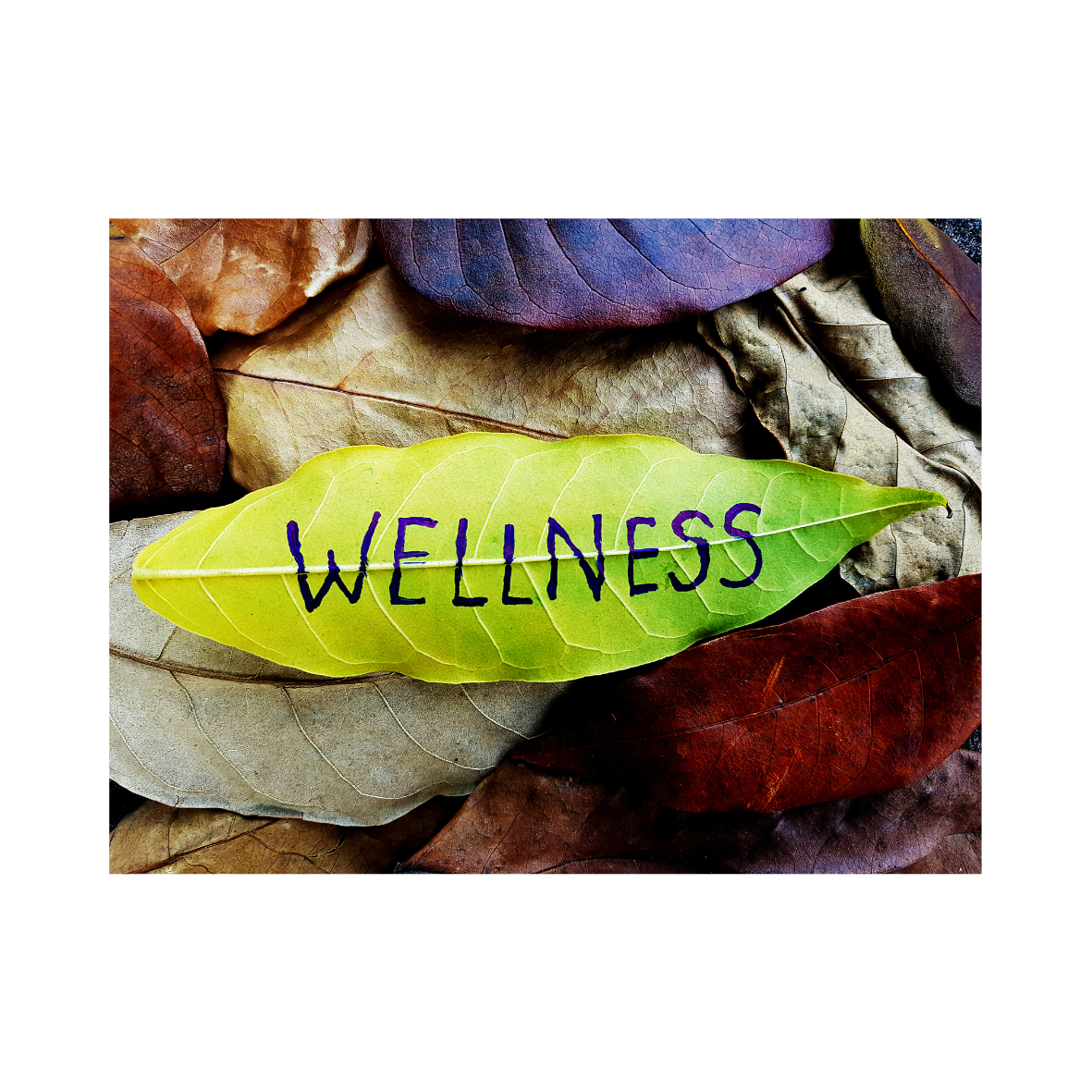The people of the Mediterranean have enjoyed the benefits of olive oil in their diets for thousands of years. Today, researchers have found evidence to support many of the healing claims assumed since ancient times. In addition to preventing heart disease (due to cholesterol control), olive oil is tolerated well by the stomach and has a positive effect on constipation. Olive oil activates the secretion of bile and pancreatic hormones and lowers the incidence of gallstones. It may be linked to reducing the risk of colon cancer and rheumatoid arthritis, as well as with lowering high blood pressure.
Olive oil is also rich in essential vitamins such as vitamins A, B-1, B-2, C, D, E and K, as well as iron. Its high content of antioxidant substances not only discourages artery clogging and chronic disease, it also prevents damage to blood vessels and cells by attacking free radicals. This effect may also play a role in slowing down the aging process of cells and tissue. The "beauty oil," as it’s been called, can also claim to soften and firm skin tissue, giving it more luster.
There are so many types of oils, even among the olive variety. What is the difference? Oil from animal fat contains saturated fatty acids, which increase blood cholesterol levels. Oil from plants, seeds, nuts, and vegetables contains polyunsaturated fatty acids, which lower both LDLs and HDLs in the blood. Olive oil contains monounsaturated fatty acids that control LDL levels while raising HDL (the good cholesterol) levels.
When it comes to the breakdown of olive oils specifically, here is what you should know.
- Extra virgin is touted as the best of olive oils because it is the least processed. It comes from the first pressing of the olives.
- Virgin olive oil adds a second pressing of the olives.
- Pure olive oil is more processed through filtering and refining.
- Extra light olive oil is the most processed with only a mild olive flavor. Anything called light olive oil may contain other vegetable oils.
If you want to try any variety of olive oil as a substitute for margarine or butter in your own recipes, here is a convenient conversion chart to help you figure out the proper measurements:
| Butter | Olive oil |
| 1 tsp | 3/4 tsp |
| 1 Tbsp | 2-1/4 tsp |
| 2 Tbsp | 1-1/2 Tbsp |
| 1/4 cup | 3 Tbsp |
| 1/3 cup | 1/4 cup |
| 1/2 cup | 1/4 cup + 2 Tbsp |
| 2/3 cup | 1/2 cup |
| 3/4 cup | 1/2 cup + 1 Tbsp |
| 1 cup | 3/4 cup |












